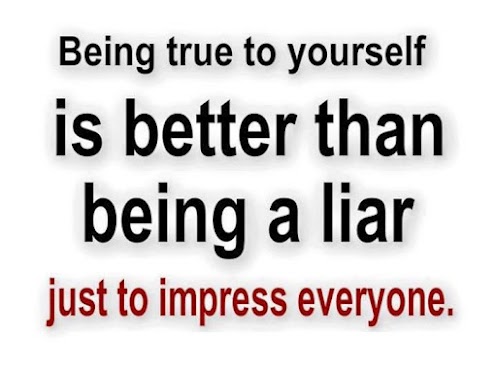More than a week after I quit smoking cold turkey, I’m pissed off.
It pisses me off that other people can enjoy a drink or two, the occasional cigar or feast without letting it take over everything else in their lives.
Mood music from the debut EP of Pull Trouble From The Fire:
[soundcloud url=”http://soundcloud.com/pulltroublefromthefire/06-dead-wait”]
It pisses me off that I have to learn to behave and pretend I don’t wish I had some of what everyone around me has.
It pisses me off that I have to keep explaining to people why I can’t eat flour or sugar — ever — why I can’t have a glass of wine or a beer — ever — and why I can’t just have a cigar on the weekends and be done with it.
When I wrote about the smoking last week, a friend asked me the following question, with a comment mixed in:
“Just out of curiousity, how many cigars do you smoke? One or more/day? Do you opt for a toro (6 or 7? cigar) or a robusto? If you’re having a robusto a couple times each week (or even a toro every day), isn’t that moderation?
“While I’ve never tried them, I’ve seen how cigarettes can pull you in and you can go from one cig to a pack/day in a short time. Not that I’m condoning it, but I think an occasional cigar is like a good scotch. It a treat more than a habit.
“I’ve found that you need to pick the vices your going to ween off carefully, or it will be at everyone’s peril. Wouldn’t it be better to set boundaries so you can enjoy a vice while preventing overindulgence? Doesn’t forced moderation ultimately help strengthen the psyche (I don’t know, just asking)?
“I guess what I’m asking is whether you’re being too hard on yourself at the expense of others? As you say, you can’t do anything in moderation, but it seems you may not be able to implement a fix in moderation either. Kick the cigs. Save the cigars. Don’t be a miserable bastard!”
It’s a fair question, and he’s right that a person who is cold turkey will make others miserable. That’s why people like us are at our nastiest as human beings after we first clean up.
He is wrong when he asks: “Doesn’t forced moderation ultimately help strengthen the psyche?”
I can see where he’s going with this. Even in sobriety people like me live to an extreme. But in our world, moderation doesn’t exist.
That’s the core problem of our disease: The part of the brain that regulates moderate behavior was obliterated somewhere along the way. Therefore, it has to be all or nothing.
In the AA Big Book on which the 12 Steps of Recovery is built, the opening chapter is called “The Doctor’s Opinion.” In it, Dr. William D. Silkworth outlines the physical defects of the disease and how it impacts our behavior. He literally describes it as an allergy. Once we take a drink or engage in a food binge, a demonic craving kicks in that shuts off the sanity switches in our heads.
“We believe, and so suggested a few years ago, that the action of alcohol on these chronic alcoholics is a manifestation of an allergy; that the phenomenon of craving is limited to this class and never occurs in the average temperate drinker. These allergic types can never safely use alcohol in any form at all; and once having formed the habit and found they cannot break it, once having lost their self-confidence, their reliance upon things human, their problems pile up on them and become astonishingly difficult to solve.
“Men and women drink essentially because they like the effect produced by alcohol. The sensation is so elusive that, while they admit it is injurious, they cannot after a time differentiate the true from the false. To them, their alcoholic life seems the only normal one. They are restless, irritable and discontented, unless they can again experience the sense of ease and comfort which comes at once by taking a few drinks—drinks which they see others taking with impunity. After they have succumbed to the desire again, as so many do, and the phenomenon of craving develops, they pass through the well-known stages of a spree, emerging remorseful, with a firm resolution not to drink again. This is repeated over and over, and unless this person can experience an entire psychic change there is very little hope of his recovery.”
The doctor uses alcohol as the example, but the same applies for all addictive behavior.
To those who think it’s weird when a man or woman can’t enjoy something in moderation, I get your skepticism. The problem — or the blessing in your case — is that your brain doesn’t work like mine. You have a gift a lot of us would kill for: The ability to realize when you’ve had enough of something.
My wife can buy a six-pack of beer and make it last two months. I wouldn’t be able to last two hours without downing it all. Then I would need more. The difference between us is one of brain chemistry.
Weening off the comfort substances was not an option for me for the simple reason that I have to have it all. Trying to have smaller amounts of something each day or week won’t work in that environment.
So I’ve had to go cold turkey.
It’s hell the first week. The second week, which is where I’m at, is one of more muted irritability.
From there, it gets easier, and we get better. Much better.
I’ll be glad when I get there after this latest round of cold turkey.
[soundcloud url=”http://soundcloud.com/pulltroublefromthefire/05-trainwrecks”]






